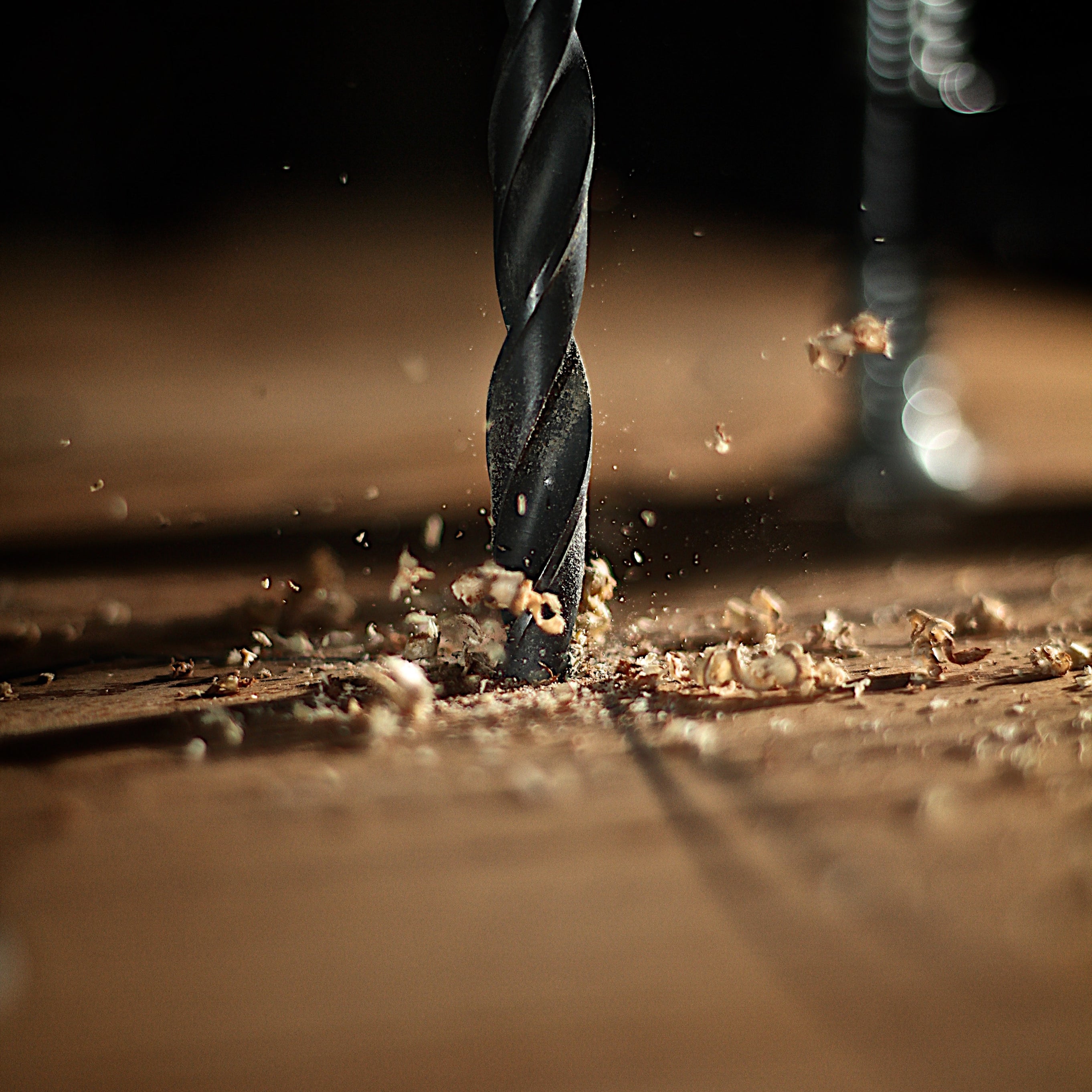
Craft matters
Craftsmanship is an increasingly prevalent term in our technology-driven age. Millennials who have grown up in a digital world are looking to the analogue to counter digital exhaustion as they reach for a good old-fashioned pen and paper over a tablet and a paperback over a Kindle. But what does craftsmanship actually mean in the twenty-first century and where does it fit in?

Craftsmanship evokes ideas of reassuring familiarity, a warmth found in natural materials worked by hand, carefully considered design and good, old-fashioned hard graft. It is a reassuring touchpoint in an increasingly frenetic world where digital evolution takes centre stage and progress takes the form of dehumanising processes to accelerate us headlong into a post-modern age.

Craftsmanship brings meaning; a lifelong skill that is constantly evolving and imbues every creation with a unique character. The approach and process are as important as the outcome. The investment of time and development of knowledge incumbent in these products connects us to them; the understanding of the nuances of the material that has gone into their creation - the care, skill and time woven through the end result. They become an antidote to a difficult world that embraces a seemingly endless cybernated evolution.
 We learn resourcefulness, respect, pride and resilience through the act of making; increasingly important life skills that can be invaluable to navigate through the uncertain twenty-first-century landscape. The Arts and Crafts movement of the 19th century saw a brighter future through embracing working collectively, taking pride in the act of creation and returning to materials readily provided by the natural world. Perhaps we still might too?
We learn resourcefulness, respect, pride and resilience through the act of making; increasingly important life skills that can be invaluable to navigate through the uncertain twenty-first-century landscape. The Arts and Crafts movement of the 19th century saw a brighter future through embracing working collectively, taking pride in the act of creation and returning to materials readily provided by the natural world. Perhaps we still might too?
Blog posts

Vinyl Record Storage Furniture Ideas: Maximizing Space & Style
Vinyl records have made an incredible comeback, and enthusiasts understand the need for proper storage to preserve their cherished collections. With the surge in popularity, furniture designed for ...
Read more
Why and How to Press Your Records at Diggers Factory?
For independent artists, the journey to stardom can be an uphill battle. In the digital age, where streaming platforms rule the music industry, making a name for yourself as an indie artist can be ...
Read more
Wide TV Stand Options for the Perfect Setup
A TV stand is not just a piece of furniture; it's an integral part of your entertainment setup and something used and seen every day. While its primary purpose is to support your television, a well...
Read more



